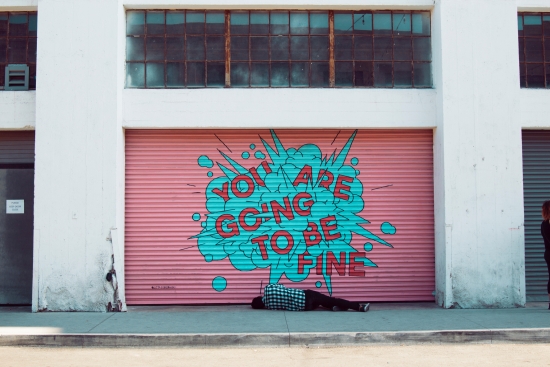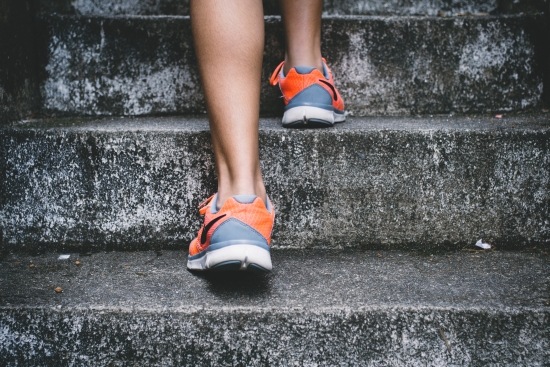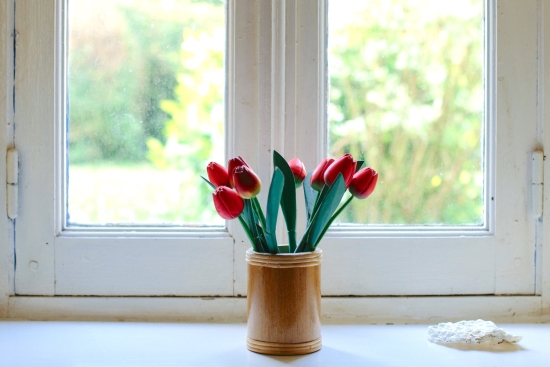
The great complaint of our time seems to be “I’ve got too much on my plate.”
I wonder how long people have been saying that for. When did plate room, whatever it is, become the thing we can’t get enough of? It’s hard to imagine our hunter-gatherer predecessors keeping multiple-page to-do lists, or perpetually pushing back their actual hunting and gathering because of incessant meetings.
Presumably, we stack so much on our plates because each item returns something necessary for the life we want, something pre-industrial people wouldn’t have had: more security, more luxury, more fun, more fulfillment.
Yet we can’t seem to refrain from stacking things too high, and suffering the resulting stress, overwhelm and sense of falling behind.
Modernity has brought unbelievable benefits to us and we shouldn’t take that for granted. I’m not pining for the days of rickets and involuntary fasting. But it is amazing to me why it’s so chronically difficult for us not to overfill our plates with obligations, diversions, work, and projects, given all the technological advantages we have over our ancestors. Read More

After inspecting my ankle, the doctor told me to strengthen it by doing a hundred calf raises a day. I try to do them whenever a few minutes present themselves: when soup is heating, coffee is brewing, or something is downloading.
After a few dozen reps, the calves really start to burn. I hadn’t done calf raises for years, and it turns out my relationship to that burning is very different than it used to be. Having done a fair bit of weight training since then, I hadn’t quite realized that I now enjoy the burning sensation of fatiguing muscles. I’ve come to know it as the feeling that goes with getting stronger.
I used to hate this same feeling. It was the feeling of slogging through the final laps in gym class, dying to hear the buzzer go. It was the feeling of awkwardly holding up a plank while I waited for my dad to put in all the screws.
Interestingly, the physical side of this muscle-burn feeling is the same as it ever was. It’s still uncomfortable. It’s still a relief when I can stop and rest. But my psychological relationship to it has completely reversed.
Instead of trying to escape from, ignore, or stop the burning, as I once did in Phys Ed class, I settle into it willingly, like the heat from a sauna. I let it build and intensify as I push on, without trying to defend against it, and that intensity is exhilarating. Even though it burns, it feels like strength, capability, progress. Read More

Last week I sang the praises of the countless tiny, private experiences that enrich our day: the stripes of sunlight that fall on the staff room table, the steam billowing from your coffee machine, the warmth of the cat in your lap.
We all love that stuff, and it’s happening all day long, even on “uneventful” days. Every day contains potentially unlimited objects of gratitude, but connecting with them requires a somewhat persistent awareness of the present moment.
This persistent awareness doesn’t come naturally to us. Typically, for 21st century adults, any free attention is usually captured by habitual thinking—an ongoing, meandering inner monologue about things that will happen later, or have happened already, or should happen. Worries, rehearsals, diatribes, imagined conversations.
Maybe it sounds dramatic, but I see this the great tragedy of the modern human mind: we miss the moments that make up our lives because our attention is dominated by remembered or imagined experiences—hypothetical moments we’d like to have, or more often, avoid having. Read More



 I'm David, and Raptitude is a blog about getting better at being human -- things we can do to improve our lives today.
I'm David, and Raptitude is a blog about getting better at being human -- things we can do to improve our lives today.
It all pretty the opposite if you're not in the US :) Since 2022 I've changed 3 countries and I'm planning to emigrate to the fourth one. I've had so much novelty and so many things to adapt to. However, time had never run so fast for me as in 2022...